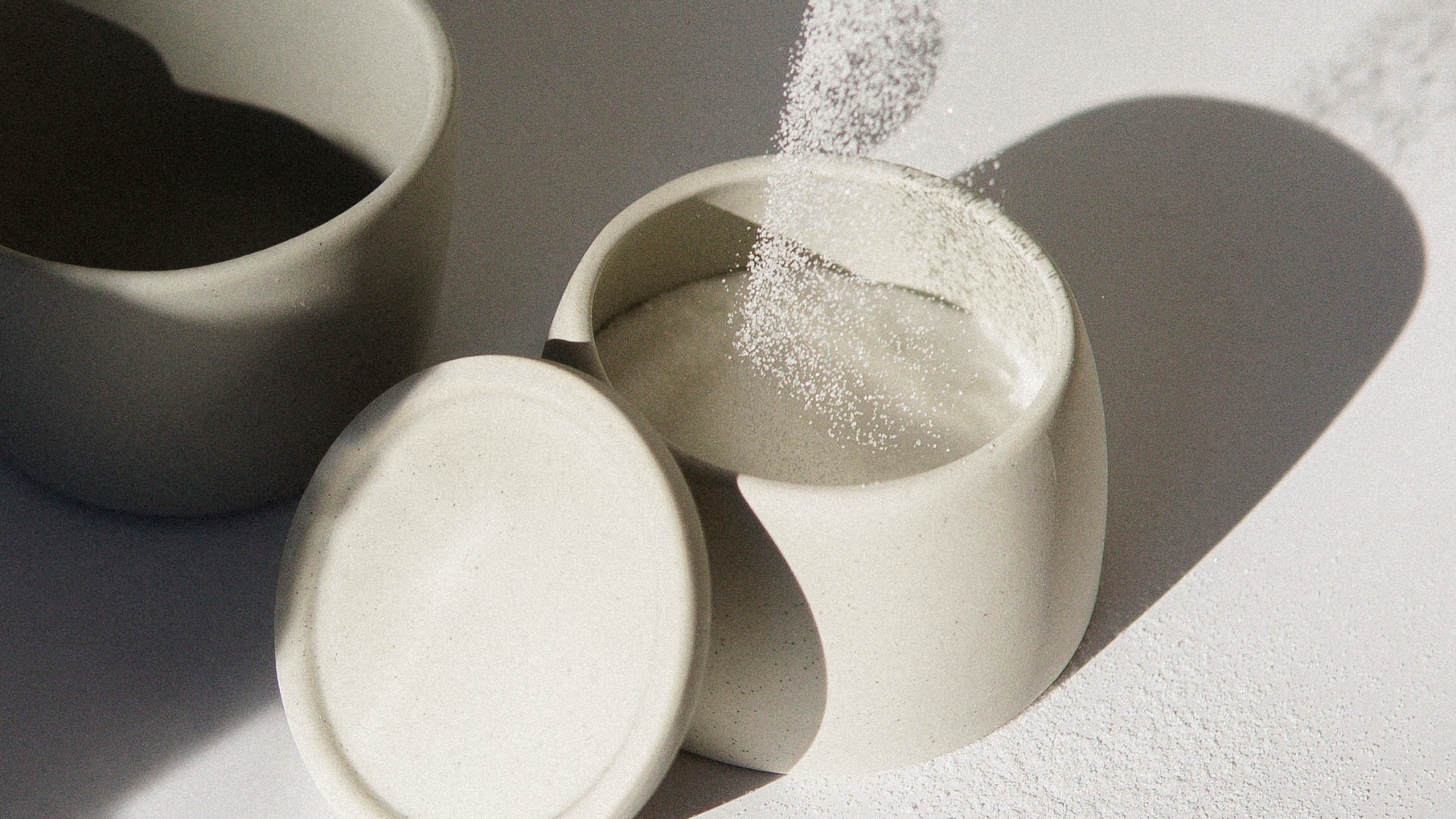How Insulin Affects Weight Loss

How Controlling Insulin Levels Can Affect Your Overall Weight Loss
Controlling insulin in your body can be a tricky balancing act. Too much insulin can lead to significant weight gains while too little of it can be a direct danger to your health.
To understand why understanding and controlling insulin levels can be a key factor in your weight loss journey, we need to know how it functions in the body.
What Insulin Does
This specific hormone is stored in your pancreas to perform one basic function: it tells your muscles to absorb incoming sugars for energy. When you eat carbs or other sugars, the pancreas releases insulin into the intestines to let the muscles know there’s energy on the way.
If you know your body’s precise carbohydrate needs, you could conceivably eat the exact amount necessary for daily function.
Why Insulin Packs On the Pounds
If you pig out on a truckload of carbs, your pancreas releases a corresponding truckload of insulin, warning your cells of a big delivery. If you lie down and nap after your carb festival, as many of us do, the extra sugars are stored inside fat cells for later use.
Those fat cells are finite but boy can they stretch when filled to the brim with excess sugars. This is why when you wake up a few days later your jeans no longer fit.
Over time if your diet is consistently packed with too many carbs and sugars, your cells no longer respond to the insulin warnings. The pancreas in turn cranks up the production of insulin to compensate. The result is insulin resistance.
How Can Insulin Affect Weight Loss?
By keeping the release of insulin from the pancreas as low as you can, you don’t fill up fat cells with excess inventory which as we have explained makes your clothes no longer fit.
Do This To Keep Insulin Low
- Keep carbs and sugars to a minimum. If no sugar isn’t burned up by your muscles, it won’t have to be stored in your fat cells. Keep the number of carbs per serving to 25 grams or less.
- Keep portions reasonable. It goes without saying that you should not eat the same amount of pasta as your bike racing friend. He’ll burn it all off. You won’t.
- Avoid hidden sugars. Check the labels of every processed food in your pantry. Odds are there are extra sugars in there you didn’t know about. Eating clean, organic foods will solve this problem.
- Go to bed. Sleep deprivation puts your body in survival mode and increased blood sugar levels. This in turn causes the release of insulin.
- Get moving. Regular physical activity burns off all those carbs immediately so nothing gets stored in your fat cells. Empty fat cells warehouses mean your jeans still fit when you want them to.
- No night snacking. You may not know it but your body burns fat while you sleep. If you send extra fat onto the field while it’s trying to do that the result is a wash. You lose a fat-burning opportunity every time you do this and those fat warehouses start filling up.
Conclusion
Insulin levels directly affect fat storage in your body. You don’t gain more fat cells but they expand to hold all that extra energy you’re not burning off. By following a low-carb diet with sensible portions and staying active, you can give your body the extra help it needs to drop the weight.
Want to start your weight loss journey today? Learn more about the bodenvy Weight Loss program below!



